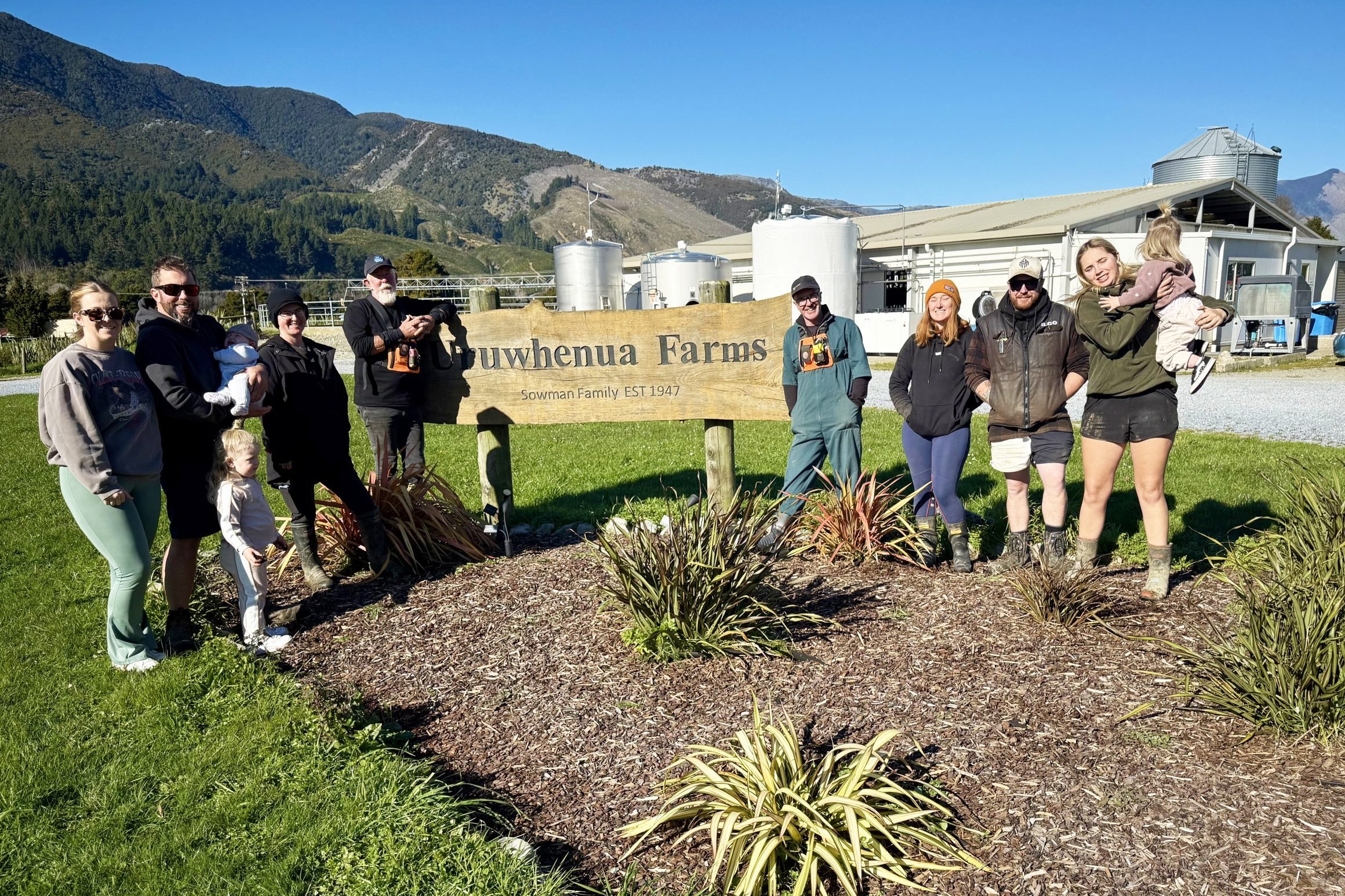BY: ANNA CAMPBELL
The European Union aims to be carbon neutral by 2050 and should they achieve this, they would be the first continent to achieve carbon neutrality. The EU wants to show “the rest of the world how to be sustainable and competitive” – Ursula von der Leyen, president of the European Commission has said.
Their belief is that a “Green Deal” policy will transform European agriculture over the next decade. “A ‘farm to fork’ initiative aims to reduce fertiliser use in Europe by 20% and pesticides by 50%, with one-quarter of land to be farmed organically by 2030. The EU plans to plant 3 billion trees, restore 25,000 kilometres of rivers and reverse the decline of pollinators.”
“Problems lurk behind the rhetoric,” according to Richard Fuchs, Calum Brown & Mark Rounsevell (Nature, 2020). The EU imports much of its food (one-fifth of crops and three-fifths of meat and dairy consumed within its borders) – only China imports more. There are no parallel targets to the Green Deal set for these imports.
And so to the crunch of the article: “EU member states are outsourcing environmental damage to other countries, while taking the credit for green policies at home” (Fuchs, Brown and Rounsevell).
In coming up with solutions to the challenges, the authors of the Nature article suggest technologies such as gene editing and indoor farming might form part of “sustainable intensification” and that the EU needs to be open to such scientific opportunities. However, there are greater geopolitical and environmental accounting challenges at play here and in my view, while useful, these technologies are unlikely to be the silver bullets many believe they will be.
In New Zealand we have our own double standards. Farmers will carry the burden of our own carbon neutrality directives. This is despite the fact that we export 95% of our agricultural products and are net importers of cheap plastic goods, including toys and synthetic clothing. Companies, such as Kmart and the Warehouse and NZ consumers who buy these goods, seem to be able to skate free, with few environmental restrictions.
An ambitious global approach to food production is needed, where countries who are able to produce food efficiently are supported to do so (whether they export that food or consume it at home), sustainable intensification technologies and appropriate pricing can then be incorporated.
For years, I have watched United Kingdom food companies travel to NZ and set standards for our meat production while in their own backyards, they produce red meat with a greater carbon footprint (full life cycle analysis). There is a difference between constructively working together to mitigate environmental damage to being “holier than thou” and ultimately hypocritical.
It is looking more likely that the United States will re-join the Paris Accord which hopefully will be a good thing for global action around climate change. But it is also time that we understood the full picture – as developed countries our need to consume should not come at a cost of environments in developing countries.
As an example, the EU has renewable energy targets which include a 10% biofuel target by the end of this year (on track to be met). These targets have been the main drivers of an upsurge in soya-bean imports from Brazil (by 2% in 2019 alone, see go.nature.com/34k6gbt). Large areas of bioenergy production uses land that could be used for producing food or conserving biodiversity.
NZ’s recently elected Government has a mandate from voters to create action around climate change, but it must not do so through simplistic carbon accounting and hypocritical policies.
Similarly, we as consumers who demand action must start to review our consumption patterns and question rhetoric blaming farmers for most of our carbon footprint when they are feeding consumers all over the world.
I suspect the reduction in tourists flying to NZ due to Covid-19 has had an enormous effect on greenhouse gas production – but wait, that reduction is not counted in our footprint due to some weird accounting rule – tourism getting a free ride – more hypocrisy, sigh.
We have to think beyond our boundaries to make a meaningful impact on climate change or we risk falsely pointing the finger at efficient farmers producing nutritious, high quality food.
- Anna Campbell is managing director of AbacusBio, a Dunedin based agri-technology company.




